Buying a Used Car in Kenya: Avoid Scams and Hidden Risks
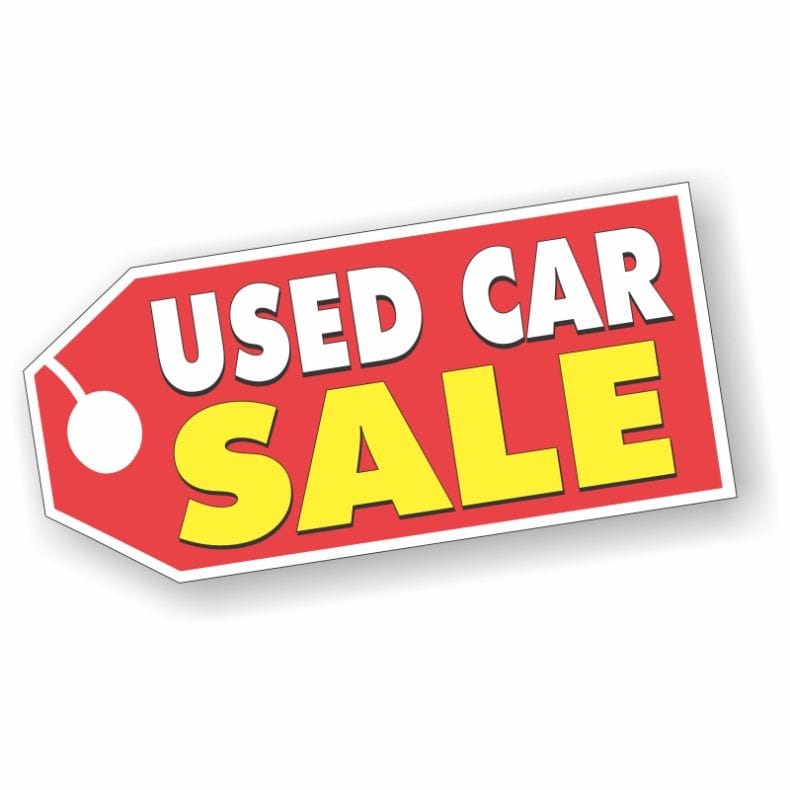
Introduction
Thinking about buying a used car in Kenya? It can be a great way to save money, but let’s be real—there are plenty of traps out there. A car that seems like a great deal could end up costing you way more in repairs, or worse, turn out to be stolen.
Scammers, hidden mechanical issues, and dodgy sellers are everywhere. The last thing you want is to find out too late that the logbook is fake, the odometer has been tampered with, or the car has an outstanding loan that now falls on you.
But picture this: you get behind the wheel of a car that fits your budget and lifestyle, drives smoothly, and doesn’t come with nasty surprises. That’s exactly why knowing what to look for before buying is so important.
This guide will walk you through:
- 🚘 The biggest red flags when buying a used car in Kenya
- 🏪 Where to shop and how to spot scams
- ✅ How to make sure the car is legit before you buy
By the end, you’ll feel confident navigating the process and making a solid purchase.
For those considering a used luxury vehicle, check out The Best Guide to Buying a Used Luxury Vehicle in Kenya.
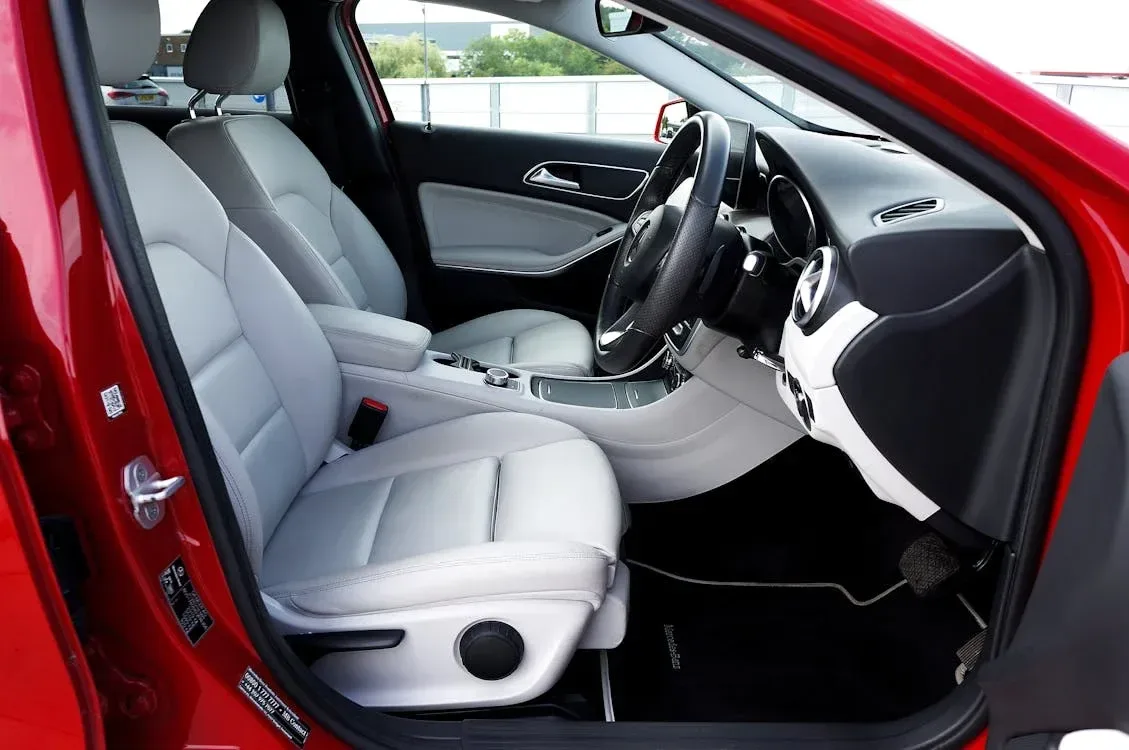
Choosing the Right Car, Seller, and Avoiding Scams
What Kind of Car Do You Really Need?
Before you even start looking at cars, take a moment to think about what you actually need. It’s easy to get distracted by flashy features or a tempting price tag, but the real question is: will this car fit into your life?
✅ Budget: How much can you realistically afford, not just for the car, but for everything else that comes with it? Think about:
- Insurance – Third-party or comprehensive coverage?
- Fuel costs – Petrol, diesel, or hybrid—what works best for your daily routine?
- Maintenance – Are spare parts easy to find and affordable?
- Future repairs – Some models are notorious for expensive fixes.
✅ Daily Use: What kind of driving will you be doing most of the time?
- City driving – A small hatchback saves fuel and is easy to park.
- Long road trips – Comfort and fuel efficiency matter here.
- Business use – Need to carry goods? A van or pickup might be the better choice.
✅ Spare Parts & Repairs: Some brands have widely available parts, making repairs easier and cheaper. In Kenya, reliable options include:
- Toyota
- Mazda
- Nissan
✅ Resale Value: If you think you’ll upgrade in the future, choose a model known for holding its value, like Toyota and Mazda.
Where to Buy and Common Scams to Watch Out For
Each buying option has its perks and risks, so you need to be smart about where and how you shop.
1. Car Dealerships (Car Yards)
✅ Structured buying process, sometimes with financing options.
❌ Prices are usually higher, and some dealerships sneak in hidden fees.
2. Private Sellers
✅ Often more affordable with room for negotiation.
❌ No official guarantee, so you need to do your homework.
3. Auctions
✅ Great deals if you know what to look for.
❌ Some auction cars have hidden issues, so inspect them carefully.
Common Scams to Watch Out For
⚠️ Fake Logbooks & Stolen Cars – Always confirm ownership through NTSA TIMS.
⚠️ Odometer Tampering – If the mileage looks suspiciously low, check the service records.
⚠️ Deposit Scams – Never send money before inspecting the car in person.
⚠️ Outstanding Logbook Loans – Always check NTSA TIMS to ensure there are no existing loans attached to the car.
To avoid buying a car with hidden damage, check out How to Spot a Used Accident Car Before Purchase in Nairobi, Kenya.
Legal & Inspection Checks Before Purchase
JEVIC and QISJ Checks: Why They Matter
JEVIC (Japan Export Vehicle Inspection Center): If you’re buying an imported car, this inspection confirms:
- The actual mileage of the car
- Whether it has been in a major accident
- Compliance with environmental and safety standards
Why It’s Important: You don’t want to buy a car that has been in a bad accident or has fake mileage.
QISJ (Quality Inspection Services Japan): This ensures the car meets Kenya’s roadworthiness and emission standards before importation.
What to Look For:
- Confirmation that the car passed the JEVIC/QISJ inspection.
- Any discrepancies in mileage or structural integrity.
Always ask for a JEVIC/QISJ certificate if you’re buying an imported car.
Conclusion: Drive Away with Confidence
For a deep dive into everything you need to know about the car-buying process in Kenya, check out Buying a Car in Kenya: Everything You Need to Know from Requirements to Purchase.
Buying a used car in Kenya doesn’t have to be stressful. If you take your time, do your research, and verify everything, you’ll end up with a car that’s reliable and worth every shilling.
Take control of the process, trust your instincts, and don’t rush. A great deal today is only a good deal if it still feels right six months down the line.
🔗 For more insights, visit NTSA and Autochek.
Contact us through our contact form, call us on +254791573231 or visit one of our branches across Nairobi, Kiambu, Machakos, and Kajiado counties to explore your financial opportunities and we will happy to help you find the perfect international health insurance for your next adventure abroad.


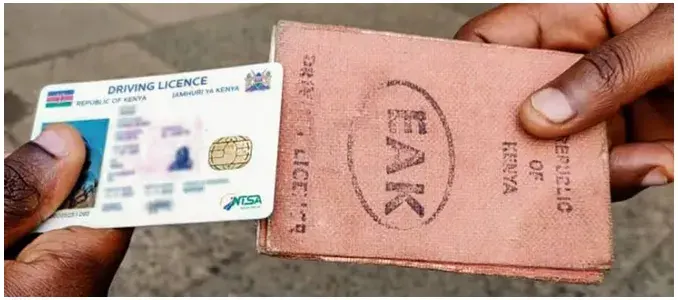
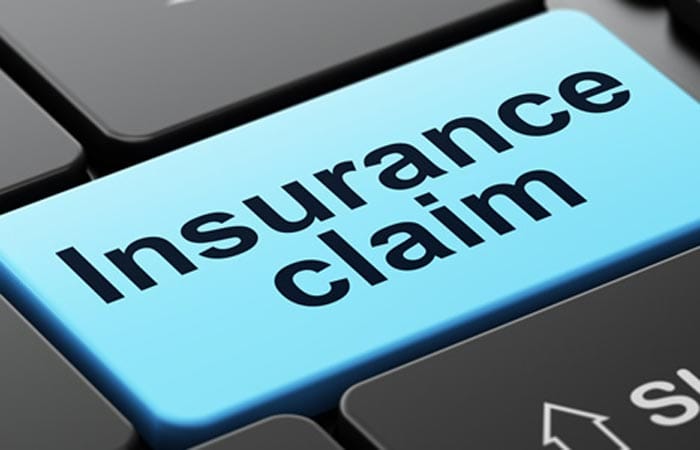
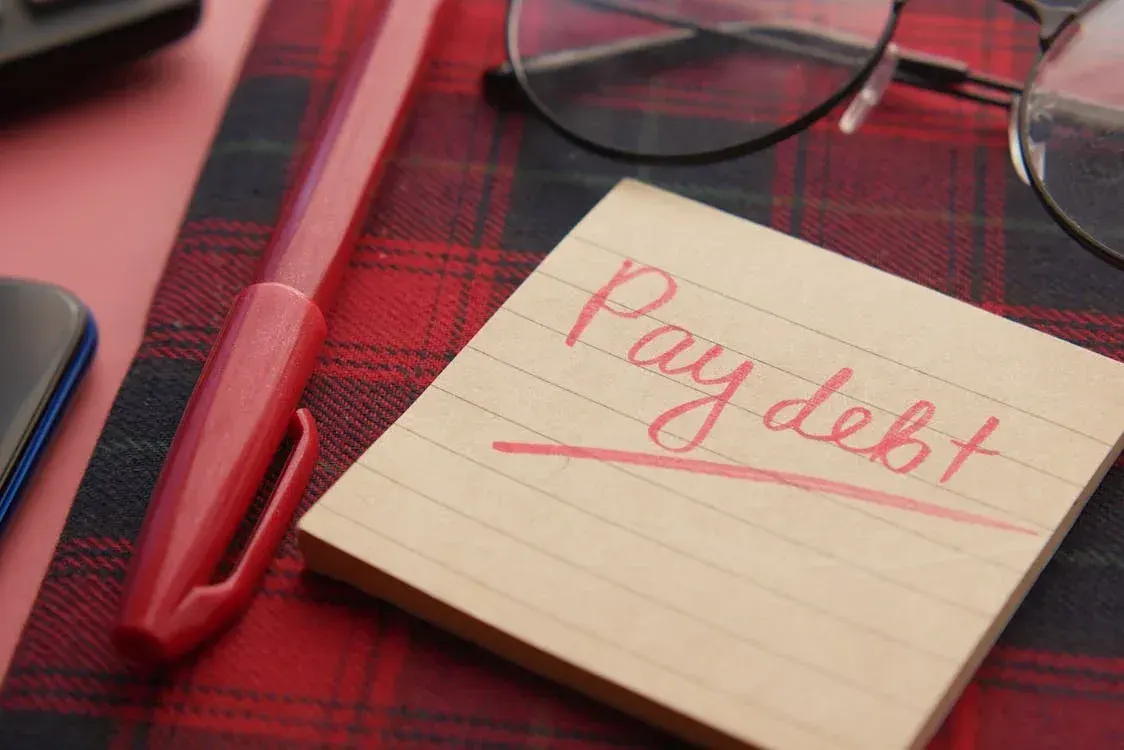
Comments ()